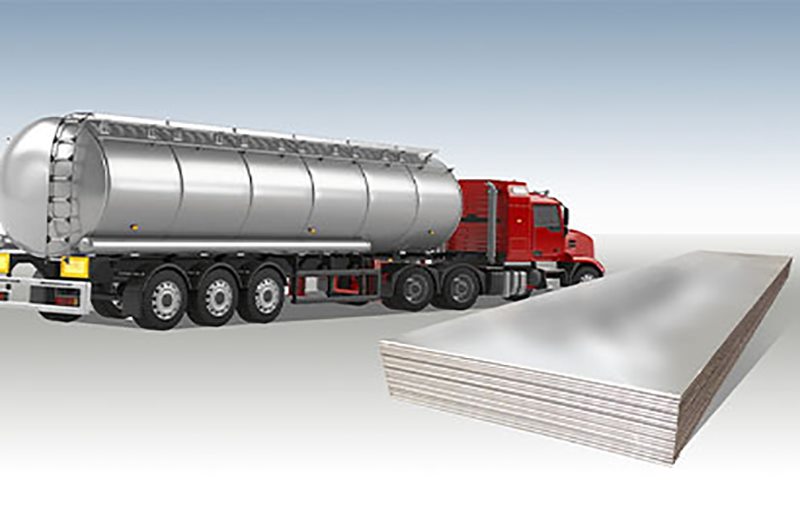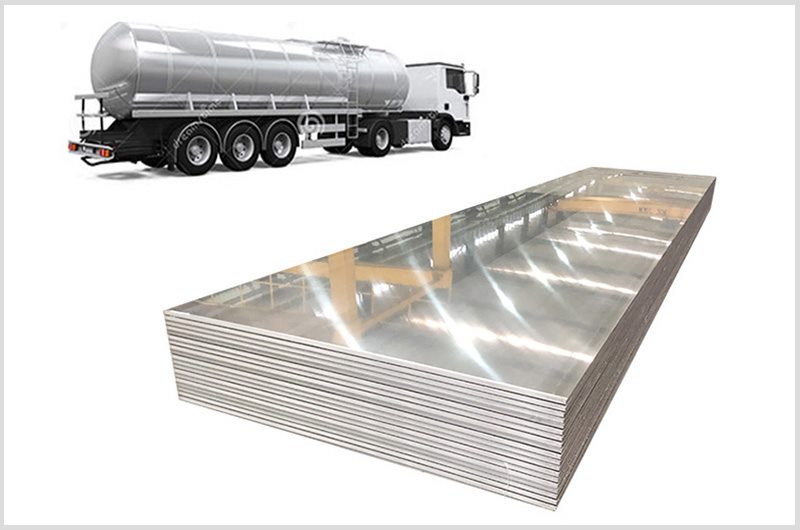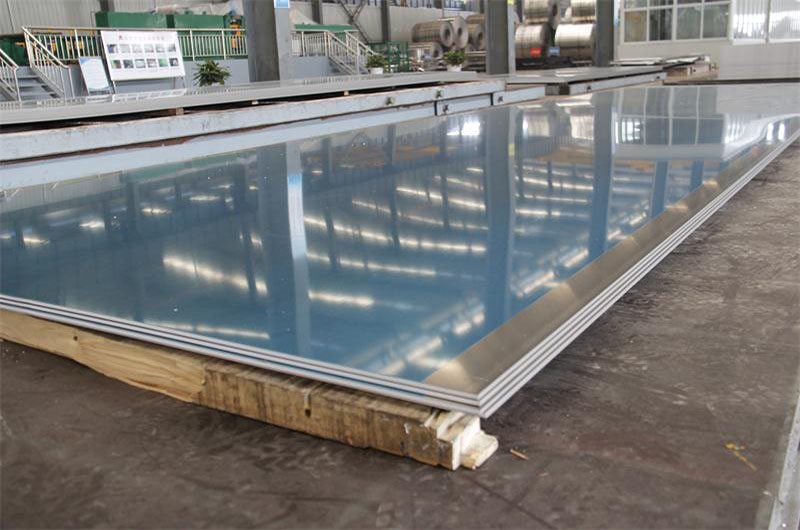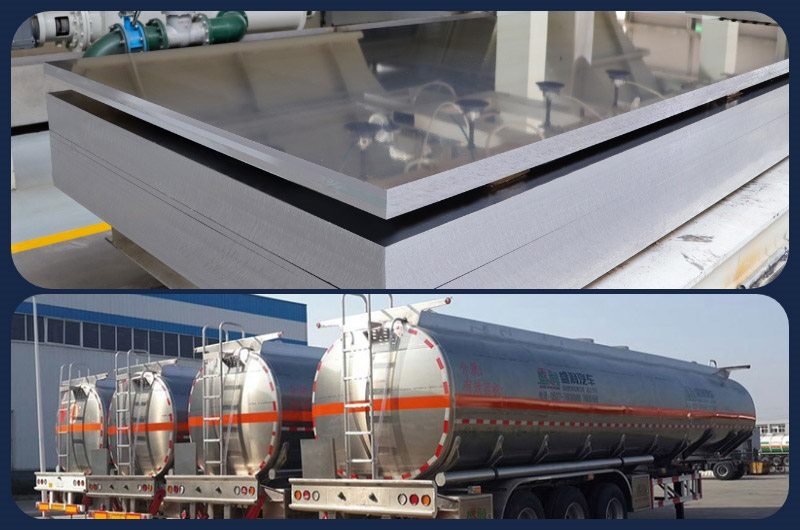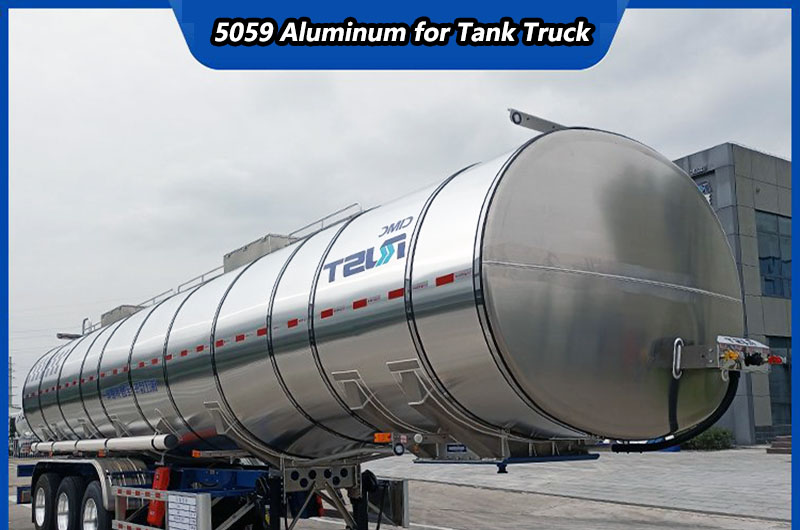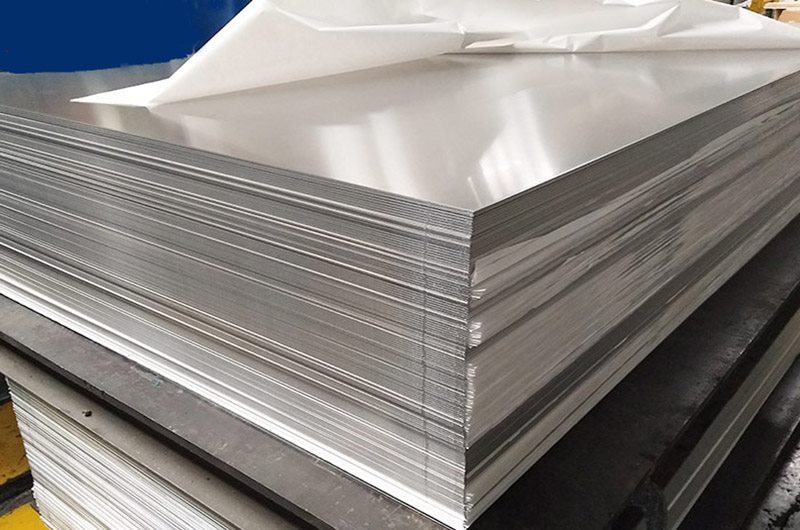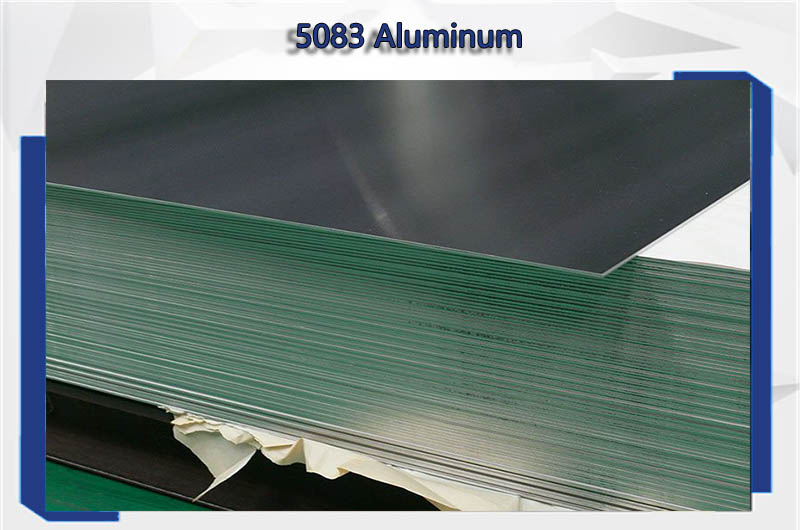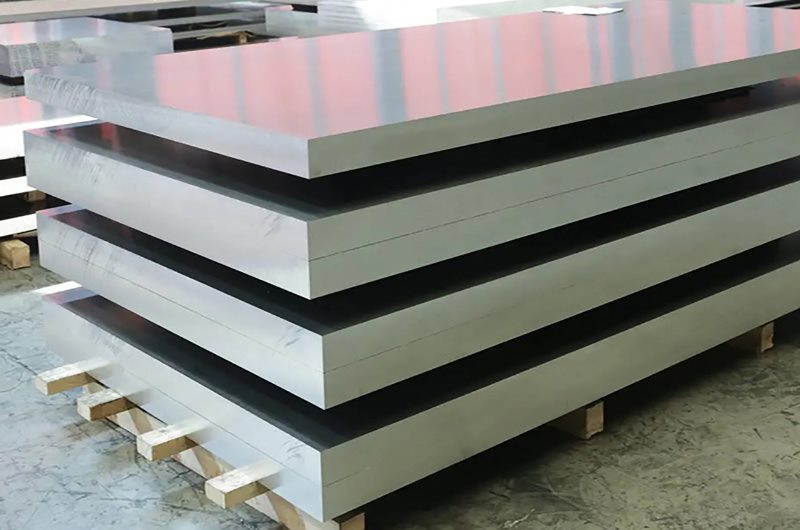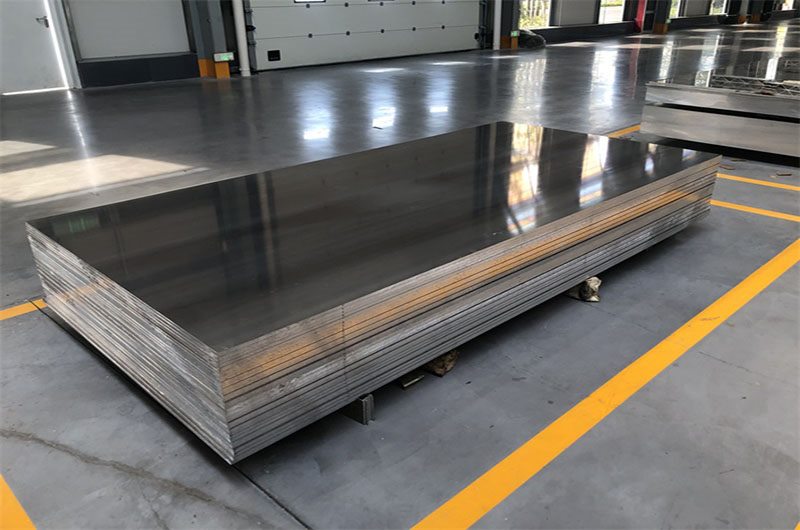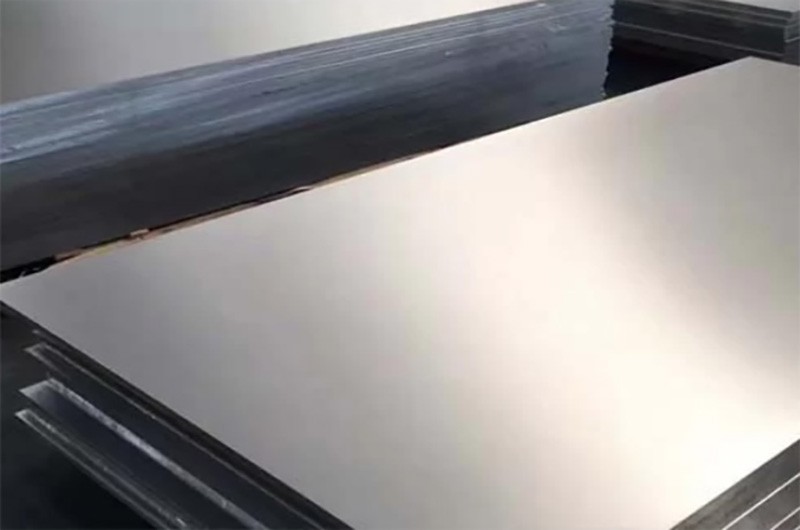- Reduce the probability of accidents
- Light weight and low impact
- Aluminum alloy tank truck has low center of gravity
- Aluminum alloy conducts electricity and is not prone to sparks
- Aluminum alloy high strength improves impact resistance
- Easy to process into various shapes to improve vehicle stability
- Reduce welded joints and reduce the risk of oil leakage
- Thermal conductivity of aluminum can quickly dissipate heat and prevent fire
Oil products are flammable and explosive dangerous goods, so safety is an important indicator when considering the tank material of oil tankers. Compared with traditional tanks made of carbon steel, stainless steel, fiberglass and other materials, tank trucks made of aluminum alloy tank materials have more advantages.
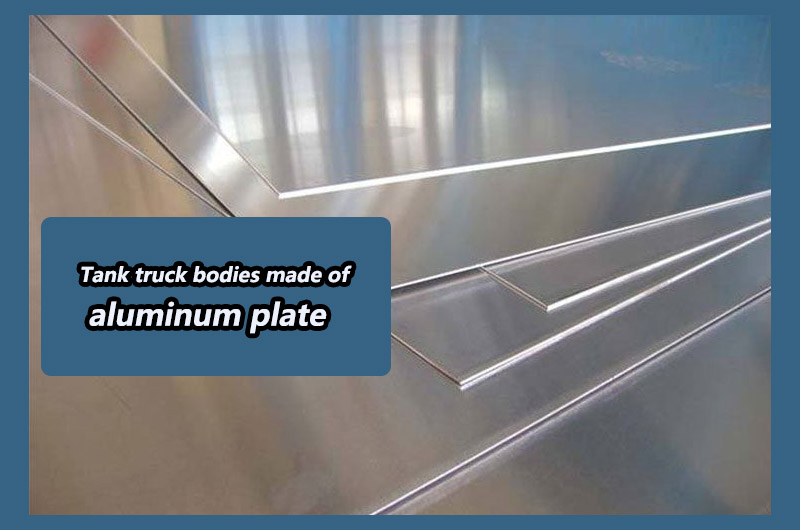
Reduce the probability of accidents
The lightweight design of aluminum alloy has a significant impact on the overall performance of the tank truck. First of all, lightweighting helps improve the vehicle's handling performance and reduces the driver's difficulty in operating in emergency situations. More importantly, lightweighting can reduce the inertial force of a vehicle when driving at high speeds or during emergency braking, thereby reducing the probability of traffic accidents.
Light weight and low impact
Compared with traditional heavy-duty tank trucks, aluminum alloy tank trucks have less impact on the road due to their lightweight design. This helps slow down the wear and tear of the road, increase the service life of the road, and reduce traffic accidents caused by road damage.
Aluminum alloy tank truck has low center of gravity
This is because aluminum alloy has good plasticity and can absorb the energy generated by collision through deformation without sudden tearing. In addition, aluminum alloy tank trucks have a low center of gravity, so they are easier to brake and safer.
Aluminum alloy conducts electricity and is not prone to sparks
Moreover, aluminum alloy has good electrical conductivity, and static electricity is not easy to accumulate and will not produce sparks, which can effectively eliminate safety hazards.
Aluminum alloy high strength improves impact resistance
Aluminum alloy has sufficient strength under certain conditions and can meet the structural requirements of oil tanker tanks. Its high-strength characteristics help improve the impact resistance of the tank during transportation and reduce the risk of tank rupture in the event of an accident.
Easy to process into various shapes to improve vehicle stability
Aluminum alloy is easy to process into various shapes, which makes the design of tanker bodies more flexible. The shape of the tank can be adjusted according to actual needs to make it more in line with fluid dynamics requirements, reduce air resistance, and improve vehicle stability.
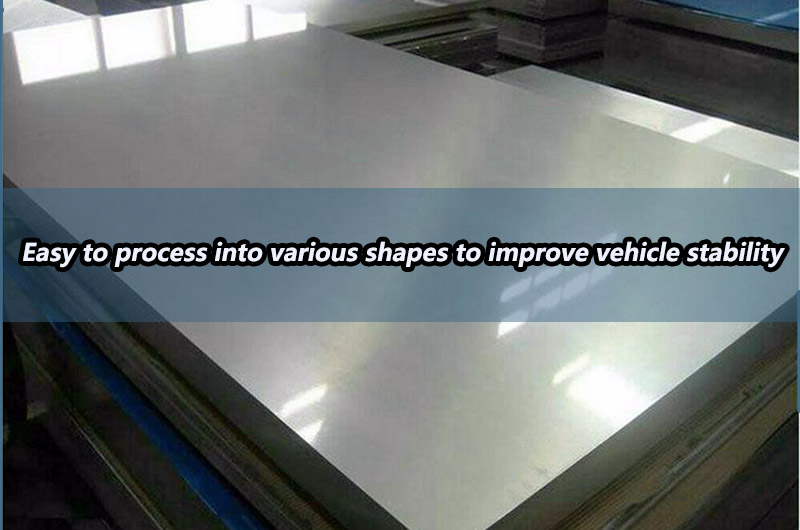
Reduce welded joints and reduce the risk of oil leakage
The plasticity of aluminum alloys allows the use of larger plates during the manufacturing process, reducing the number of welded joints in the tank. Welded joints are a potential weak point in tanker tanks, and reducing the number of joints can help reduce the risk of oil leakage.
Thermal conductivity of aluminum can quickly dissipate heat and prevent fire
The high-temperature thermal conductivity of aluminum alloy helps dissipate heat faster and reduces safety hazards caused by excessive temperature of the tank when transporting liquid cargo.
In addition to safety factors, tank truck tanks made of aluminum alloy are lighter. Some models use aluminum alloy tank materials, which can reduce the weight of the vehicle by more than 4 tons and increase the volume by more than 20%. , thereby reducing the weight of the vehicle body and increasing the payload. Transporting the same amount of goods can allow the vehicle to transport several fewer shifts, thereby reducing fuel consumption and improving return on investment.
Tank truck bodies made of aluminum alloy have obvious safety advantages, including lightweight design, corrosion resistance, superior strength and plasticity. These advantages can not only improve the safety of tank trucks during transportation and reduce the probability of accidents, but also extend the service life of the tank and reduce maintenance costs.
However, when selecting tank materials, it is still necessary to comprehensively consider factors such as specific application scenarios and costs to ensure that the most suitable material is selected and improve the safety and efficiency of overall transportation.
Informations you may be interested in:
- 3003 Oil Tanker Aluminum Checkered Plate
- 5052 Oil Tanker Aluminum Checkered Plate
- Application and precautions of aluminum plates in tank truck manufacturing
- What are the advantages of using 5182-H111 aluminum plates for tank truck materials?
- 5 series aluminum plate for semi-trailer tank truck
- 5083 H321 Aluminum Plate : An In-depth Look Performances and Applications

